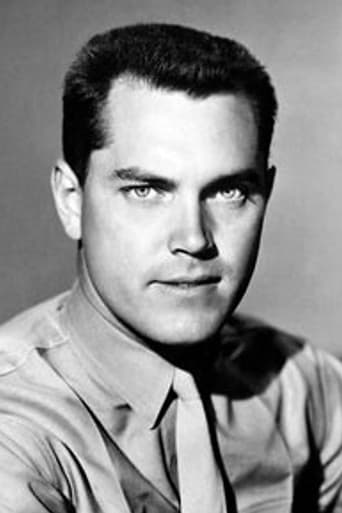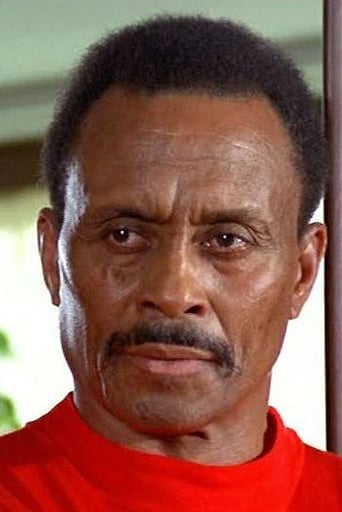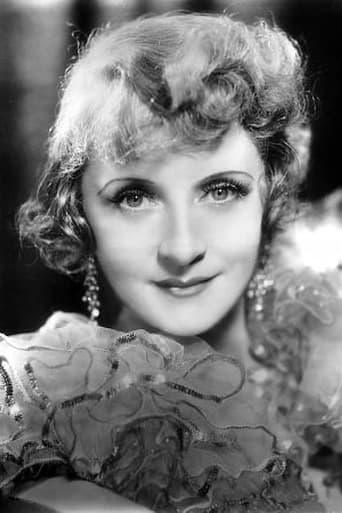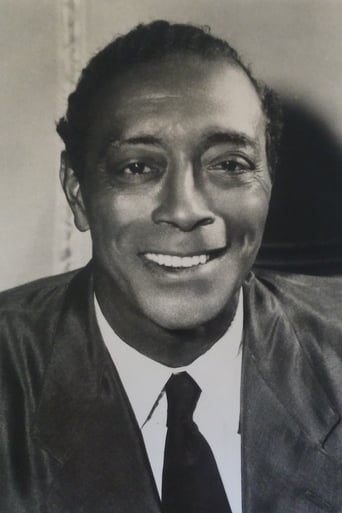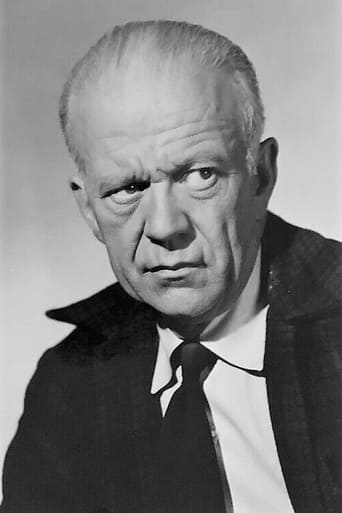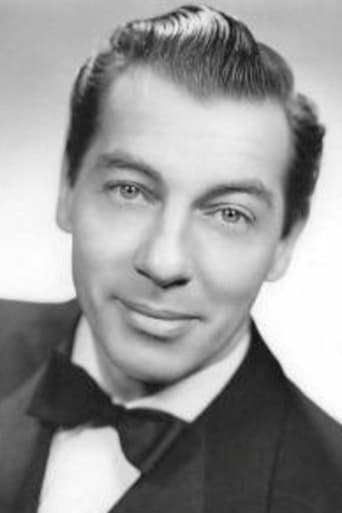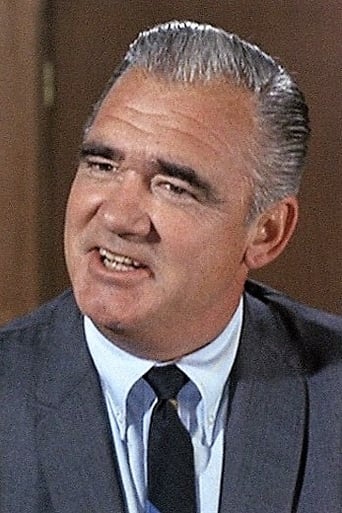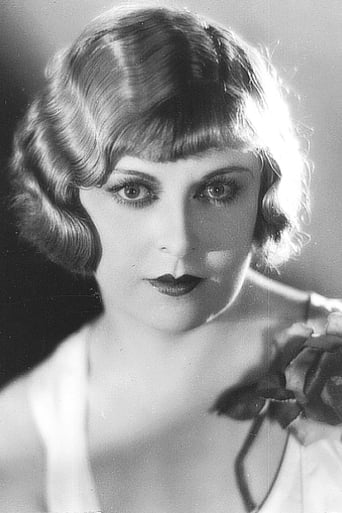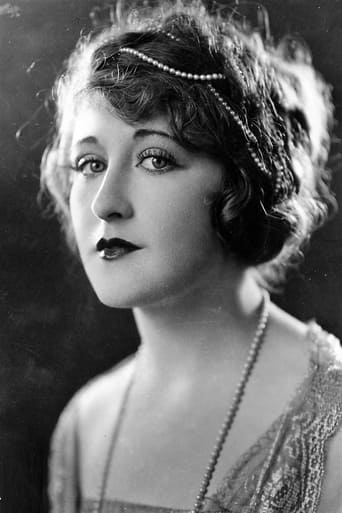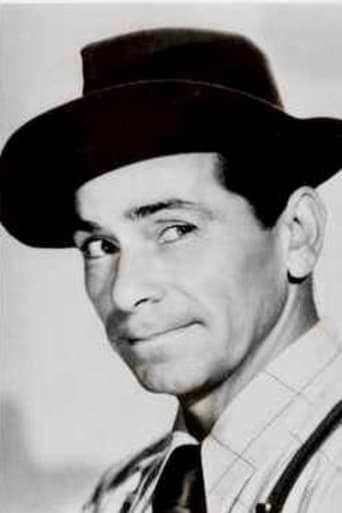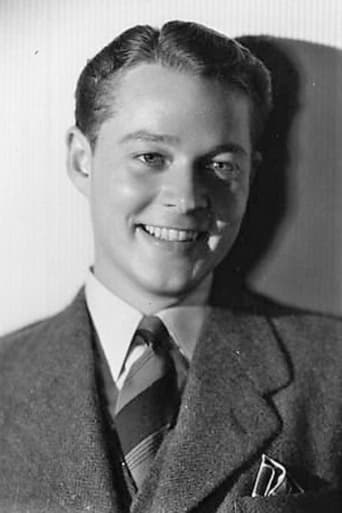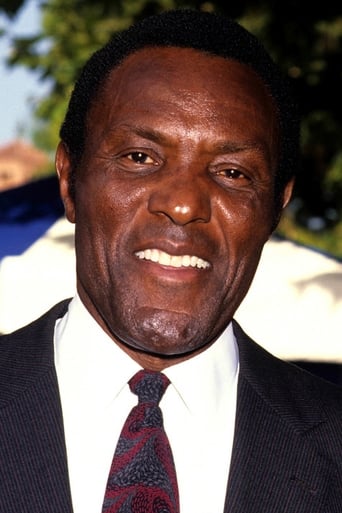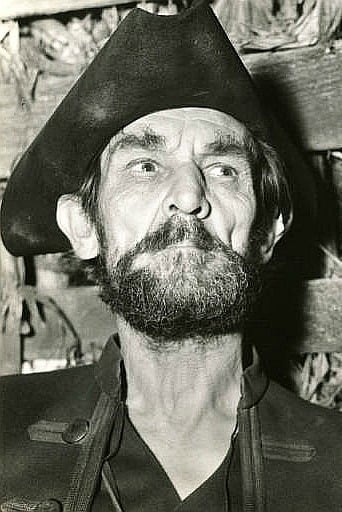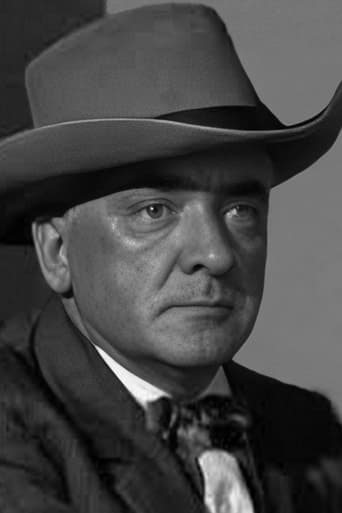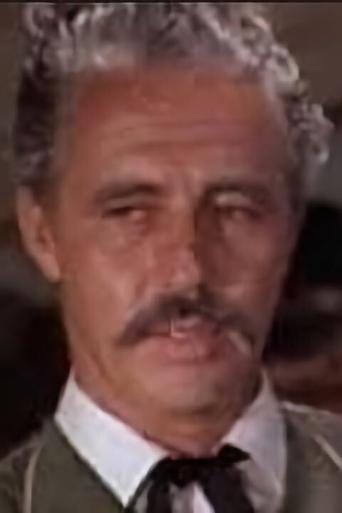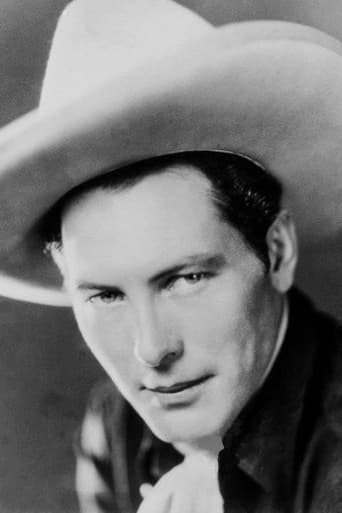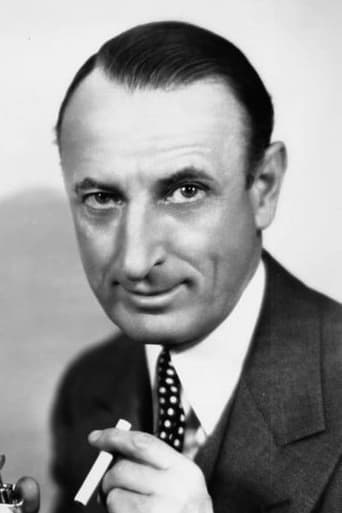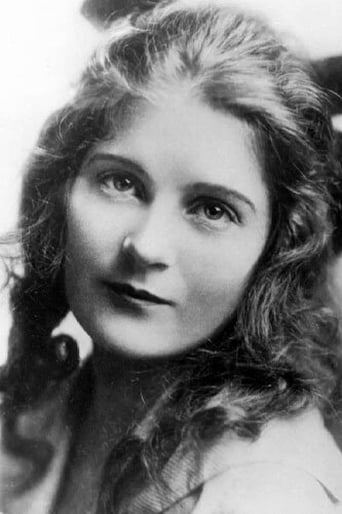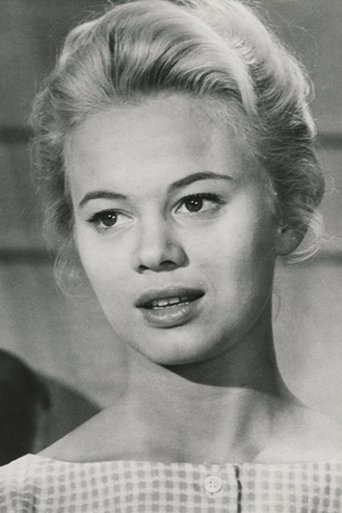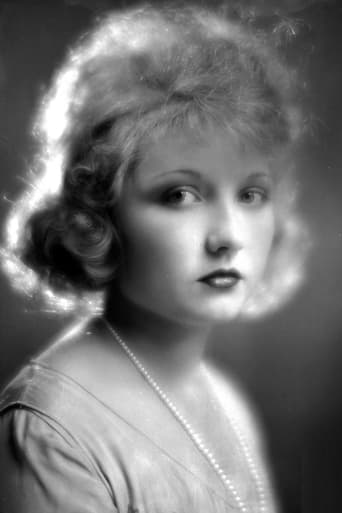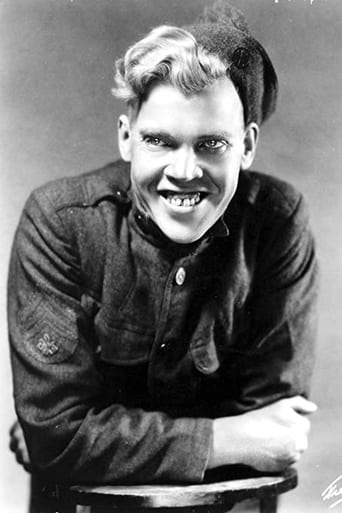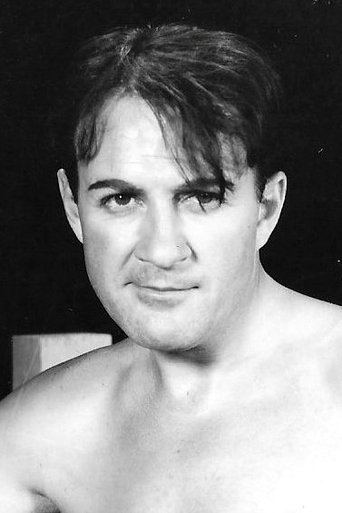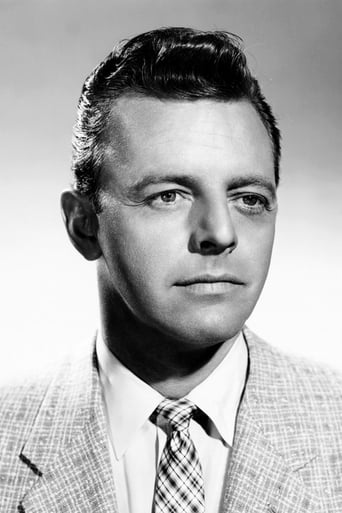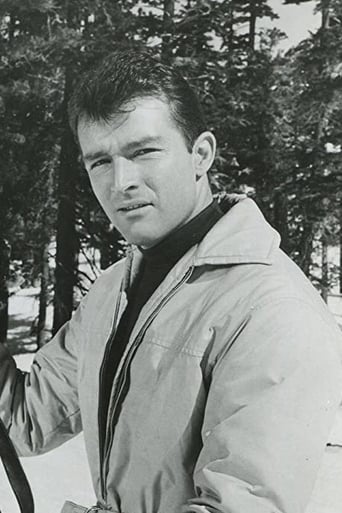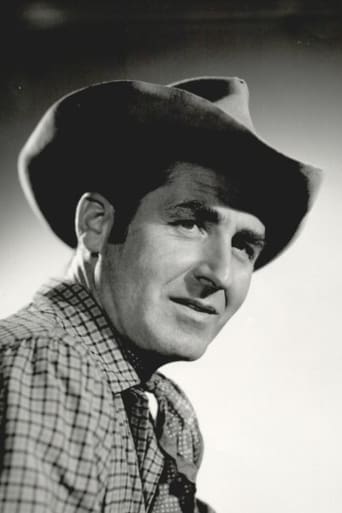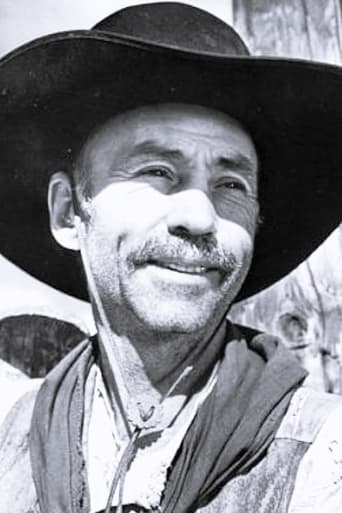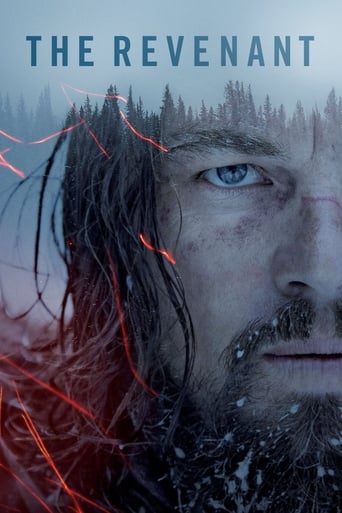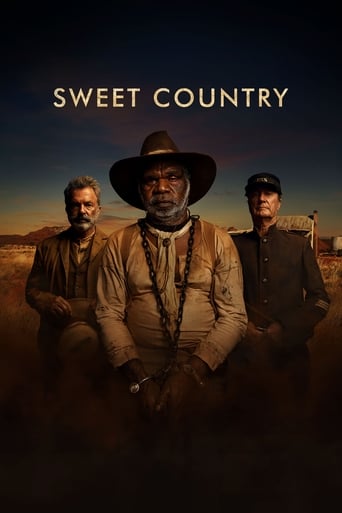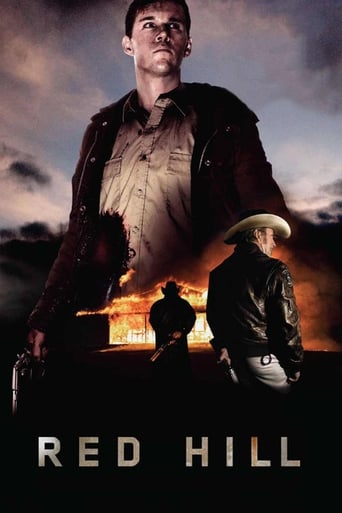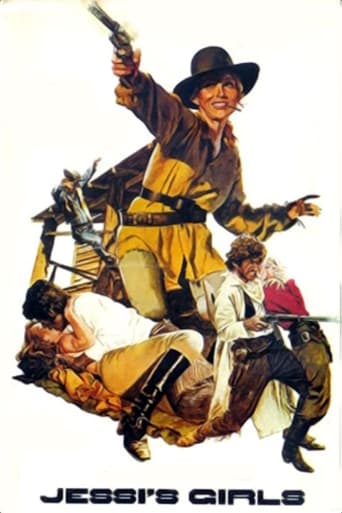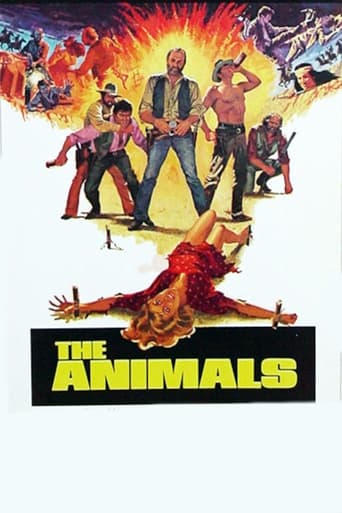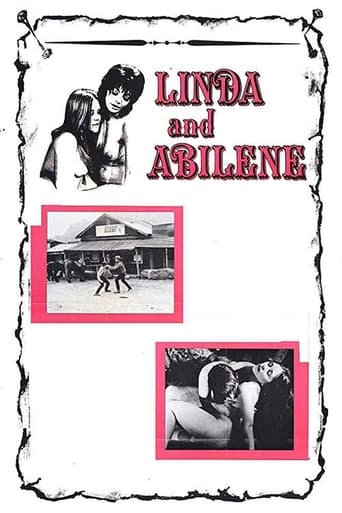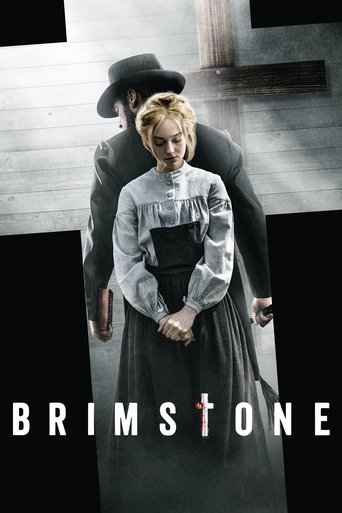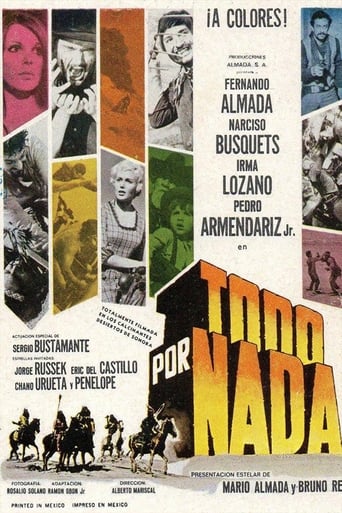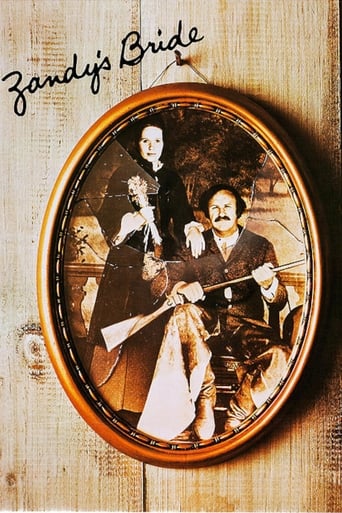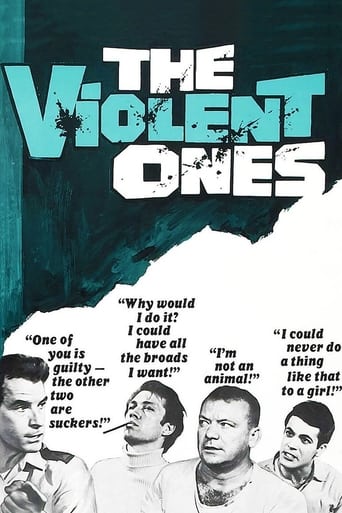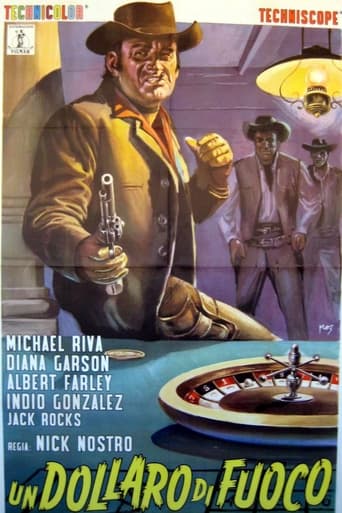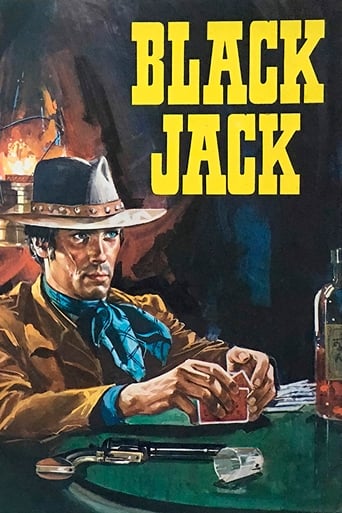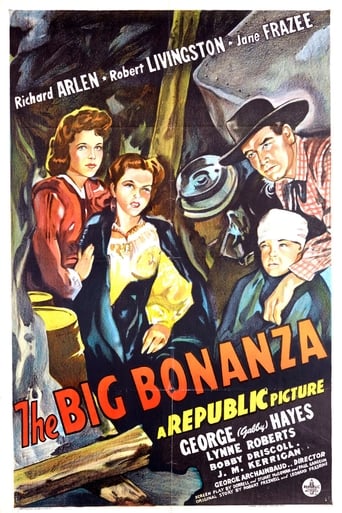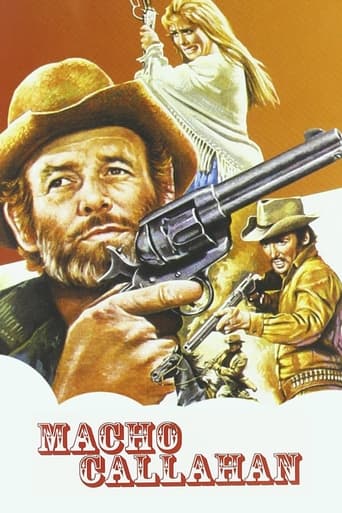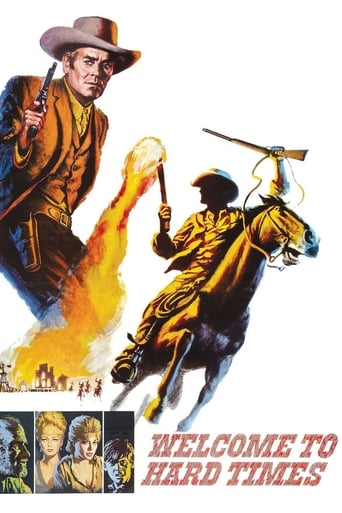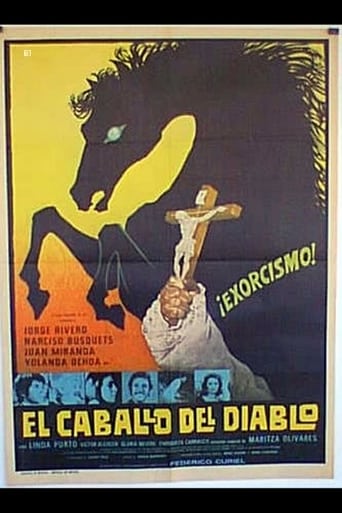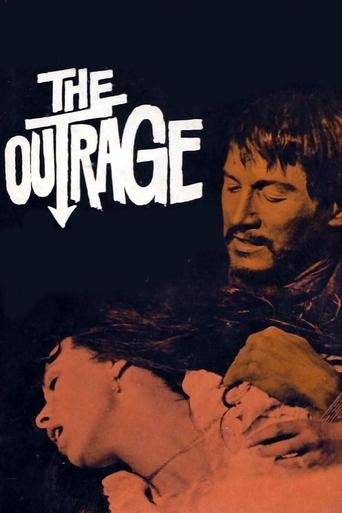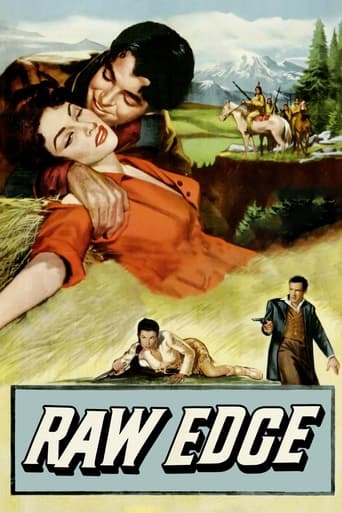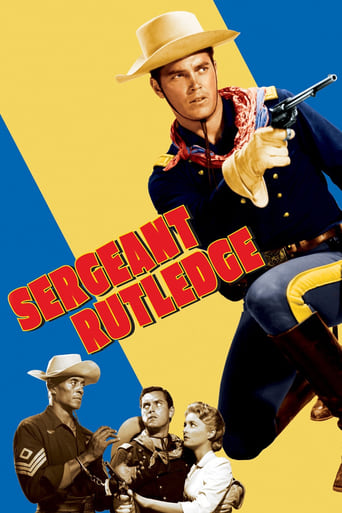
Sergeant Rutledge (1960)
Respected black cavalry Sergeant Brax Rutledge stands court-martial for raping and killing a white woman and murdering her father, his superior officer.
- John Ford
- Russell Saunders
- Wingate Smith
- Edward O'Fearna
- Allen Pomeroy
- James Warner Bellah
- James Warner Bellah
- Willis Goldbeck
Rating: 7.1/10 by 114 users
Alternative Title:
Mit einem Fuß in der Hölle - DE
버팔로 대대 - KR
Country:
United States of America
Language:
English
Runtime: 01 hour 51 minutes
Budget: $0
Revenue: $0
Plot Keyword: rape, court martial
Buffalo Soldier. It was alright for Mr. Lincoln to say we was free. But that ain't so! Not yet! Maybe some day, but not yet! John Ford's Sergeant Rutledge tells the story of a black man, 1st Sgt. Braxton Rutledge, a Buffalo Soldier of the 9th U.S. Cavalry who was up before a court-martial for the rape and murder of a white girl, Major Dabney's daughter, Lucy. Taking place in the court room the story is told in flashback as Rutledge's (Woody Strode) troop officer, and defence council, Lt. Tom Cantrell (Jeffrey Hunter) attempts to piece together the evidence. From the outset Ford is on biting form as the case is being tried in a biased and corruptible court, we as the viewers are left in no doubt that Rutledge could be at the mercy of obnoxious white racists. It's one of the many things that makes the film a bold and at times angry picture. This was after all two years before the critically acclaimed To Kill A Mockingbird, thus making it one of the flag bearers for early acknowledgement of race relations in America. As the sharp narrative moves forward, cloaked in visual excellence with Bert Glennon this time being Ford's cinematographer of choice, the film always keeps us guessing as to the outcome. We really can never be sure, such is the stench of racism that hangs heavy, a stench that is counter pointed by Woody Strode's wonderful and powerful performance as the on trial man. Also in fine physical shape at 46, Strode serves notice to just what a fine and important actor he was in relation to Black Americans in Hollywood. Hunter is handsome and strong in vocal delivery as the council in the middle of a real tricky trial, and Constance Towers as Mary Beecher is the glue binding them, and the story, all together. It's a first rate picture from Ford, one that is largely (and wrongly) forgotten when talk of his oeuvre comes around. Still awaiting a DVD release in the UK, it's evident that it still remains hidden from many a prospective new viewer. This needs correcting because it's bold, beautiful and important cinema from a master director, who, as always, had much to say. 9/10

